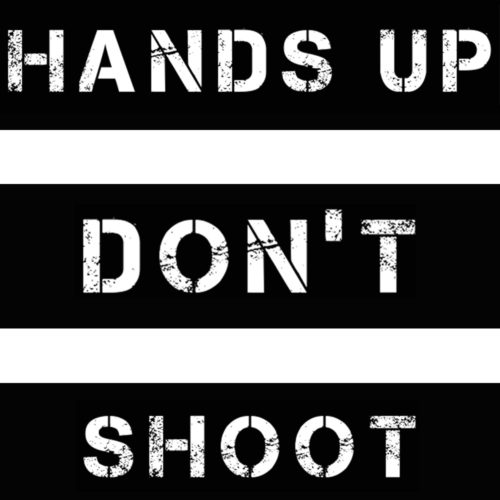One of my friends told me today that she shadowed in the emergency room on Friday night. She told me they had a patient who was pronounced dead on arrival after being shot 24 times. Unfortunately, this is a typical narrative for our emergency room on a Friday night. I wish I was surprised, I wish I didn’t already know the story, and I wish the news of another young life prematurely and senselessly erased from this earth even made the news.
How could this young man have been saved? The trauma team at Temple is already one of the best in the world. Every procedure trauma teams perform — from how they stand in the trauma bay, what temperature the room is, what fluids to give, and how quickly to start surgery — is validated with research. They are constantly evaluating and improving everything they do. Decades of war in the Middle East have produced phenomenal science, and we are now better at preventing death than we have ever been. Imagine if this knowledge translated into how to prevent the bullets from ending up inside the victims instead of focusing on the best way to get them out.
A couple months ago I spent a day with Colwin Williams, who works for Philadelphia CeaseFire, a program supported by Temple. The group includes ex-convicts and gang members who now work to engage with the community to prevent shootings and diffuse arguments before they escalate to murders. Colwin works with about a dozen other violence interrupters. The work they do is truly incredible. I learned that a lot of the gun violence that occurs happens over otherwise trivial matters, such as rude comments on social media and scuffles over which side of the block a person was born. CeaseFire is proven to be effective in reducing violence, and the program is growing. However despite their efforts, gun violence is still a serious problem.
In 2014, the Philadelphia Police Department reported 248 homicides and 2065 incidences of gun-related aggravated assault. Many of the shootings in North Philadelphia occur less than a couple miles away from Temple Hospital. The trauma team does an excellent job of keeping victims alive, reducing the number of homicides and increasing the aggravated assaults. Hidden to these statistics are the outcomes of the survivors. Some of those shot make full recoveries without losing any function. Others have spinal cord damage so severe that they spend the rest of their lives trapped in their own bodies, unable to move any of their limbs or breathe without a machine.
My report on the violence in North Philadelphia echoes the violence in any of the similar neighborhoods across America. Many have written on this topic in much more detail than I will explore. What troubles me and what I will discuss is this: even in light of the Eric Garner and Michael Brown atrocities, which lead in part to the Black Lives Matter movement, the near-daily shootings of innocent blacks is ignored.
Our society is very concerned with safety. Without getting tied-up in politics, we can recognize the measures our country has taken to protect the sanctity of life. We force everyone to wear a seatbelt, we ban drinking and driving, and we forbid texting and driving. In order to prevent terrorism, we form government agencies to sift through virtually all electronic communication and data, both within our borders and overseas. Most states have banned smoking inside all restaurants and bars, and we all work hard to keep cigarettes away from our children. There are major public health campaigns to raise awareness about stroke, detect cancer earlier, and keep blood pressure under control. I could continue ad nausem about the efforts we take to protect human life and to reduce the number of preventable deaths.
This begs the question, what about black lives and reducing gun violence? We know that black males are overwhelmingly the victims of gun violence. In the last two decades, we have made incredible progress in our knowledge about heart attacks, cancer, and strokes, but still have not made significant progress toward stopping gun violence. I posit two possibilities to explain this deficiency. The first is that, in our society, it is easier to learn to learn the complex pathogenesis of disease and develop novel treatments than it is to make two people stop shooting each other. The other possibility is that our country has made stopping gun violence a low priority and has allocated too few resources towards tackling the problem.
Where do we go from here? Let us look past gun control laws which are possibly more controversial than abortion rights. Let us focus on programs proven to reduce violence like Operation CeaseFire. Let us support after school programs and fight against cuts in education. In short, let us convince our political representatives, friends and families to care about protecting the lives young black males just as much as everyone else.

